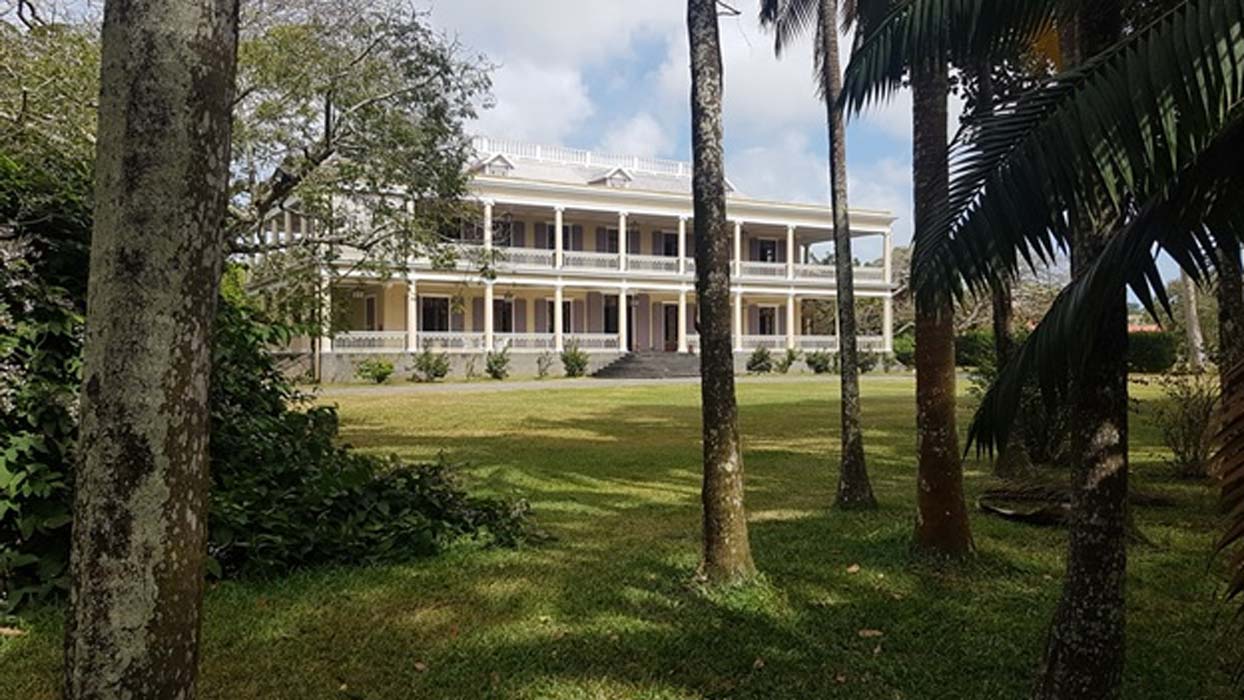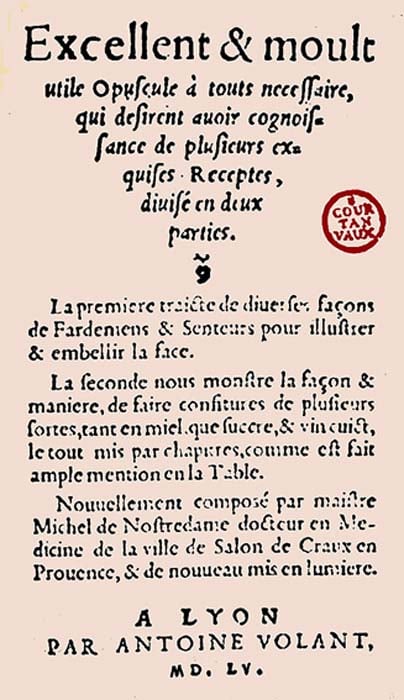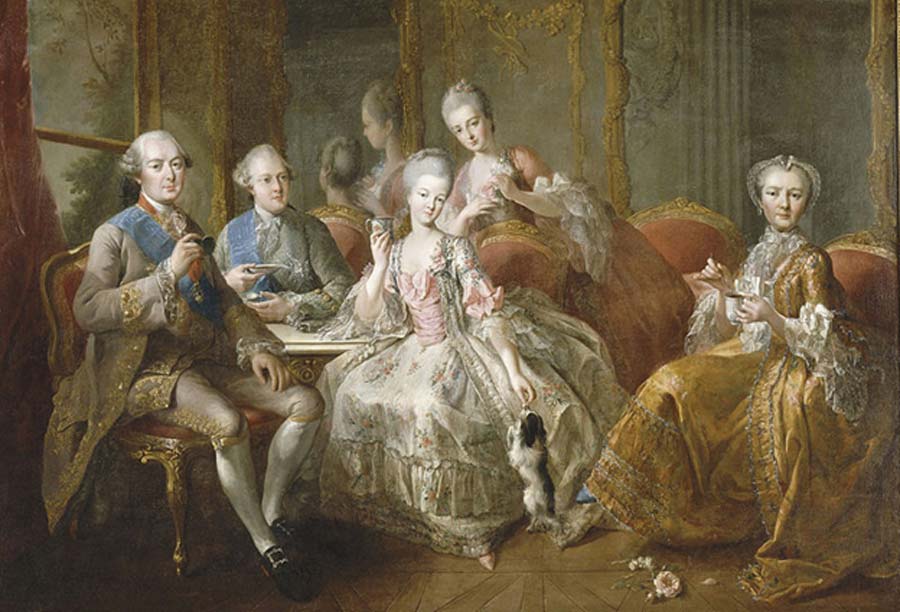
Slaves and Sugar: ‘Black Gold’ and ‘White Gold’ of Mauritius’ Economy
In the 18th and 19th centuries, sugar was considered the ‘white gold’ in the commercial arenas of the world, but it was accrued by the scourge of ‘black gold’ – slave labor. The tiny green emerald island of Mauritius in the Indian Ocean managed to establish itself as a major supplier to the global demand for a luxury commodity - sugar. The early history of the cultivation of sugar in Mauritius is fraught with calamities, disasters and terrible human rights exploitation and torture, but the backbreaking labor of the slaves was not in vain for it formed the backbone of the economy of the island. The slaves’ labor left a legacy that led to the island’s independence and the status as the best growing economy in Africa.

Traité fardement confitures of Nostradamus (1555) (Public Domain)
History of Sugar
Sugar originated in Papua New Guinea and was later cultivated in China and transported to Persia via India by camel caravan. Ships carried it in their cargo holds on the Mediterranean Sea to the west and the returning troops of Alexander the Great in 435 BC brought it home. Returning crusaders brought brown sugar to France and it was introduced to Sicily by the Arabs in the 12th century. Nostradamus, who was actually a doctor named Michel de Nostre Dame, published his Traité des Confitures in 1555, claiming that sugar was valuable for preserving foods. Apothecaries sold sugar as a luxury item.
The glory days of Venice during the 16th century saw a hype of sugar confectionary architecture, decorating festive tables in the Venetian palaces. In July 1574 King Henry IV of France was entertained in the Doges Palace to a luscious dinner where everything, including tablecloths, napkins, cutlery, plates, center piece and even the chandeliers, were spun from sugar. A century later, France caught on and the aristocrats of Versailles, gorged themselves on delicious pastries. By the 18th century coffee and chocolate became the favorite drinks of the rich, who required sugar to sweeten the bitter taste.

The family of the Duke of Penthièvre called ‘La tasse de chocolat’ by Jean-Baptiste Charpentier the Elder (1768) (Public Domain)
The Dutch: Foundling Sugar Cane Planters
The first seeds of the sugar industry on Mauritius were sown when the first occupiers, the Dutch, settled on the island in 1638 and in 1639 commander Adriaan van Stel aboard the steamer Cappell brought sugar cane seedlings from Batavia, along with a small contingent of slaves. The main focus of the commanders of the foundling community was to fell ebony trees to supply timber, but in 1645 another consignment of sugar cane cuttings arrived.
From the very beginning the cultivation of sugar seemed doomed by the gods for the island was tempered with natural disasters such as cyclones, floods and bad harvests as well as rats, which arrived with the ships. At some time 30,000 rats were killed in one year. Locusts were also accidently imported along with plants from Madagascar. By 1652 the commander gave the order to cease sugar cultivation and concentrate on other food crops. The Dutch could no longer face the hardships and evacuated the island by 1658, only to return again by 1664. In 1670 a colony of freedmen arrived and cultivated sugar, only to produce the sugar cane juice, not the sugar. They even managed to distill arrack.




